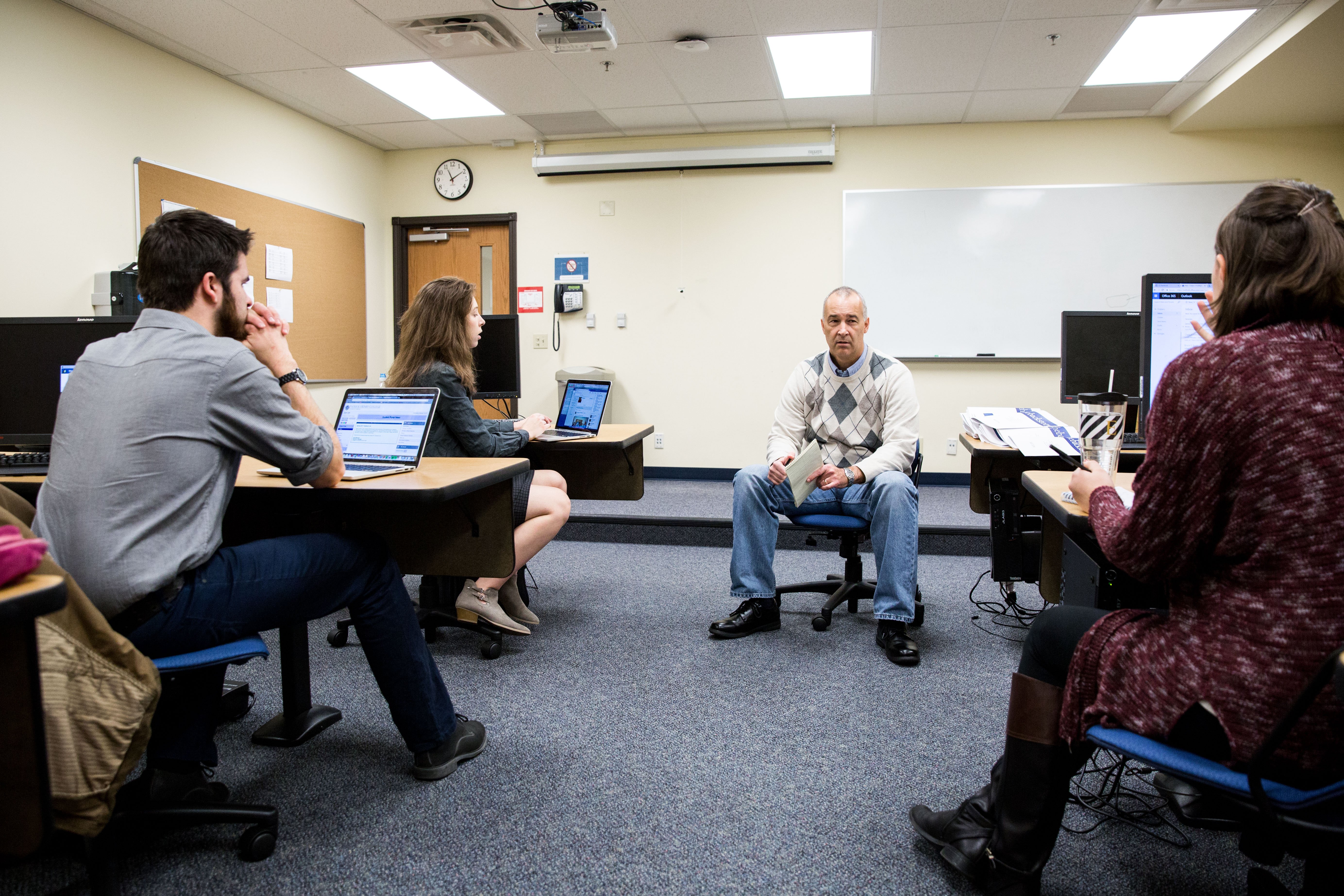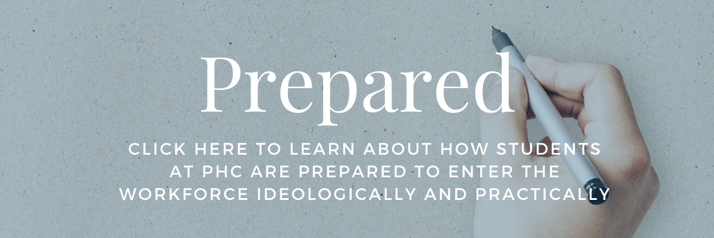
Patrick Henry boasts a small campus with big opportunities. When it comes to remote learning, many don’t realize how important personal connection can be within a college setting. Last spring, Zoom became a staple on everybody’s laptop, phone, or work computer at PHC. By April, the Zoom app reached 300 million downloads across the world, making its 10 million downloads the previous December seem like crumbs.
Soon enough, articles started popping up discussing America’s sudden shift to remote learning and working. Many of them outlined the positive aspects: the benefits of working from home means skipping the daily traffic commute, spending more time with family, and sitting on your own sofa during meetings. Who wouldn’t embrace such modern technology if it means being able to wear pajama pants all day?
But the reality is, the disadvantages of remote learning far outweigh the benefits of in-person learning. At a small college like Patrick Henry College, many unique facets of the classroom environment disappear when students login to Zoom with their professors spend precious time wrestling with unfamiliar technology.
Faculty regularly interact with students both inside and outside the classroom, answering and listening to questions in the same room with face-to-face interaction. Why is being in the same room so important? Stanford News recently published an article outlining how Zoom can significantly increase fatigue by forcing our brains to put a lot more thought and effort into interpreting seemingly simple daily activities like talking.

Pictured above: Dr. Sillars, PHC's professor of Journalism,
teaching a class in the Journalism Lab
On-screen, our subconscious brains are constantly looking for body language cues that simply aren’t there. We are more likely to misinterpret simple facial cues, such as somebody looking away from us, and not understand that the other person is only looking at their dog off-screen. Stanford News describes this phenomenon as “burning mental calories” as we struggle to piece together bits of information that may not be connected. Communication professor Jeremy Bailenson at Stanford spent countless hours reviewing the psychological impacts of online learning. When we spend time on screen, we are “smothered with gestures that are perceptually realistic but socially meaningless,” Bailenson said.
Body language is especially important to any conversation or classroom lecture. Some scholars even agree that body language is more important than speech. Forbes asserts that facial expressions are a poor substitute for reading body language, and Stanford News says that engaging in close-up eye contact for a period of time (like during an hour long Zoom lecture) will lead our brains into believing we are in an intense or stressful situation. It doesn’t help that screens are typically placed in such a way as to invade our personal spaces, and closeness of the other person translates our brains into becoming hyper-aroused with our fight or flight instinct. This leads to anxiety, stress, and increased fatigue.
.jpg?width=900&name=Dr%20Michael%20Haynes%20Teaching%20Classroom%20Oct%202016%20(2).jpg)
Pictured above from Oct. 2016: Dr. Haynes, PHC's Chair of the Department
of Government, Teaching a class in Nash Auditorium
The classical method at PHC relies on personal connection unique to the classroom. Presentations, discussions with students and professors, and the ability to ask and answer questions, are all part of classical teaching. When I attended a classical Christian high school, my rhetoric teacher during my senior year told us that school is not just about gathering knowledge until it leaks out of our ears. Classical teaching is essentially learning how to learn, applying knowledge in a way that expands understanding.
Patrick Henry utilizes the classical method in order to encourage students’ understanding with personal connection, back-and-forth interaction, and deep discussion. Even during dinner at the dining hall, students are able to converse about interesting topics they learned in Philosophy that afternoon and intellectually challenge each other. These opportunities are minimized by remote learning.
------------
Everything about the PHC experience is aimed at equipping students to becoming stronger Christians and better professionals. To learn more about how PHC prepares its students for the real world, click below!




